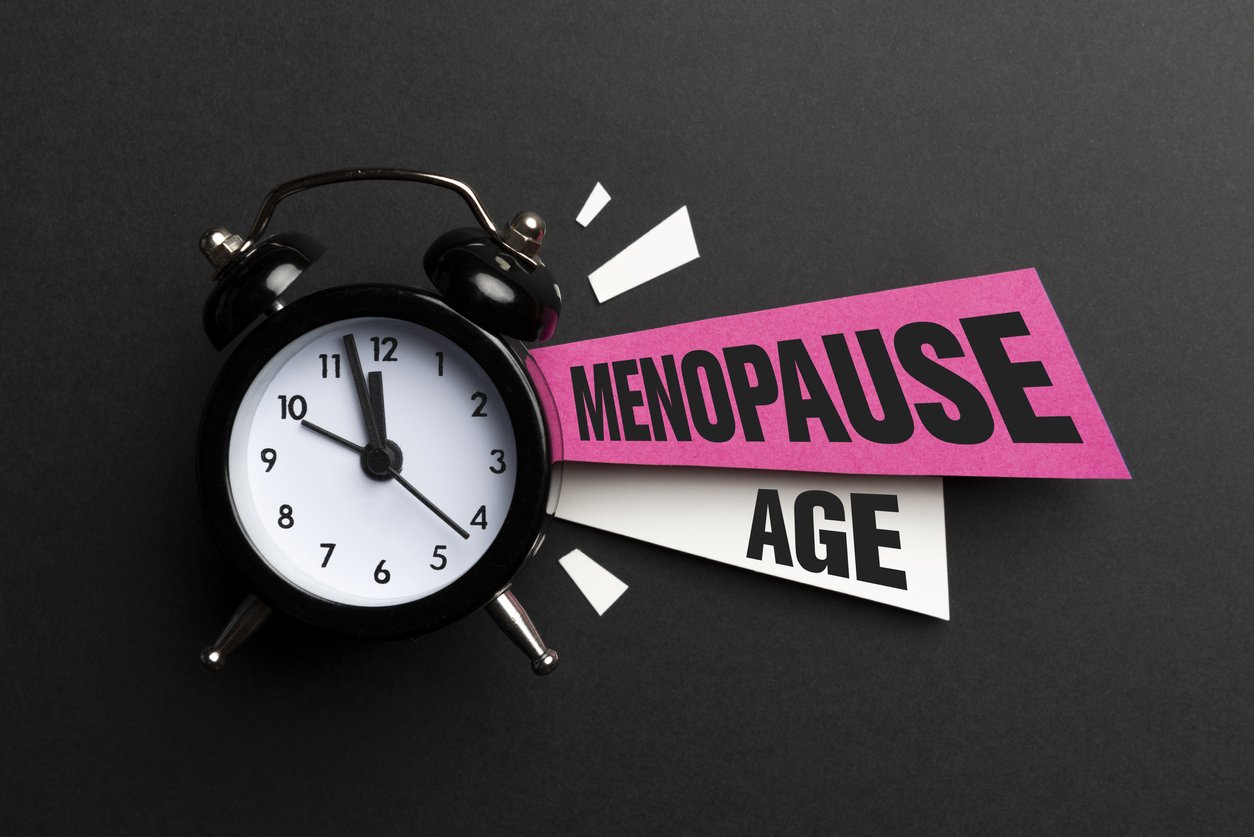By Tracey Leslie
Many women literally stumble across the menopause, some as unlucky as 14, which is very unusual! In this instance there is a support group called The Daisy Network, they are dedicated to providing information and support to women diagnosed with Premature Ovarian Insufficiency, also known as Premature Menopause. In Britain, 110,000 women between the ages of 12 and 40 are affected.
What Is Menopause?
While some women are only affected by occasional hot flushes and tiredness, others suffer from debilitating symptoms, both physical and psychological and some don’t even realise they are in the menopause. Itchy skin and even irritable bowel syndrome, have no obvious connection to hormones, so women often don’t realise their problems are menopausal.
The reduction or loss (due to a hysterectomy) of oestrogen can affect the ability to cope in stressful situations, where you normally would have no problem at all. Dry mouth, shortness of breath, agitation and dizziness, sometimes caused by the effect the hormones have making blood pressure fluctuate. Sleep can be disturbed either due to night sweats or snoring as lower oestrogen can also make the throat muscles slack! Then we have the brain fog! Poor concentration, forgetting things and unable to finish a sentence are all classic low oestrogen signs!
So if you are suffering from any of the above don’t fret we have some possible help for you below:
HRT – The Pros & Cons
Some women swear by HRT and have a relief from their symptoms of night sweats, insomnia and continual hot flushes. Some women forget that they are only keeping the inevitable at bay and when you stop taking HRT, you’ll go through menopause as your hormones decline.
HRT is sometimes prescribed if doctors believe there is a risk of osteoporosis, due to the effects of oestrogen on supporting bone density. However, although some report that HRT has been shown to increase your risk of ovarian and breast cancer by up to 43%.
HRT (Hormone Replacement Therapy) replaces the oestrogen that was produced by the ovaries before the menopause. The level of oestrogen in HRT is designed to reduce or stop the symptoms of the menopause though it does not restore oestrogen levels to pre-menopause level.
Oestrogen replacement in HRT mimics the natural oestrogen molecule in a similar way to thyroid replacement.
What are the benefits or HRT?
Relief from the sometimes severe symptoms of the menopause and improved quality of life
Using HRT from your menopause until your middle or late fifties is known to halve your risk of osteoporosis
Reduces your risk of heart attacks and strokes
What are the risks of HRT?
Some women have concerns about the possible associated risks due to sometimes inaccurate publicity in the press, this leads to poor understanding of the treatment and a consultation with a doctor/specialist is advised.
Is there a risk of breast cancer?
Recent concern about the use of HRT and the increasing risk of breast cancer – is this true? Recent studies have shown that oestrogen only users do not have such a high risk as the progestogen and oestrogen users. It is however always sensible to be breast aware and to have regular mammograms.
Natural Alternatives To HRT
To avoid taking HRT a lot of people take alternative therapies. A high percentage of women suffer from hot flushes and research has shown that this can be reduced by taking 400 units of vitamin E daily, this can also be found in avocados, seed oils, nuts, leafy green vegetables and whole grains. Dry skin, fatigue, depression, and aching joints are a possible sign of a hormonal imbalance and can be supported with Omega 3 essential fats as they have a lubricating effect in the body, and have been linked to a reduction in risk of breast cancer. Good food sources include oily fish (salmon, mackerel, herring, sardines, seafood and fresh tuna), nuts, seeds and green leafy vegetables.
Sadly stress, panic attacks, anxiety or depression, are also linked to the menopause and these symptoms can be eased by taking vitamin B, a better choice is a B complex that provides a range of B vitamins from B1 to B6, plus B12 and folic acid. Food sources of B vitamins include green leafy vegetables, meat, fish, eggs, dairy and fortified foods. Many women are prescribed HRT as a prevention for osteoporosis, particularly if they have gone through an early menopause or have had a full hysterectomy. However, supporting bone density doesn’t rely on just having the right hormones present. There are key nutrients as well, and vitamin D is one of them. The ability to absorb vitamin D lessens with age, especially in the UK! So supplementing this is important.
The choice is yours but hopefully, this has helped!





